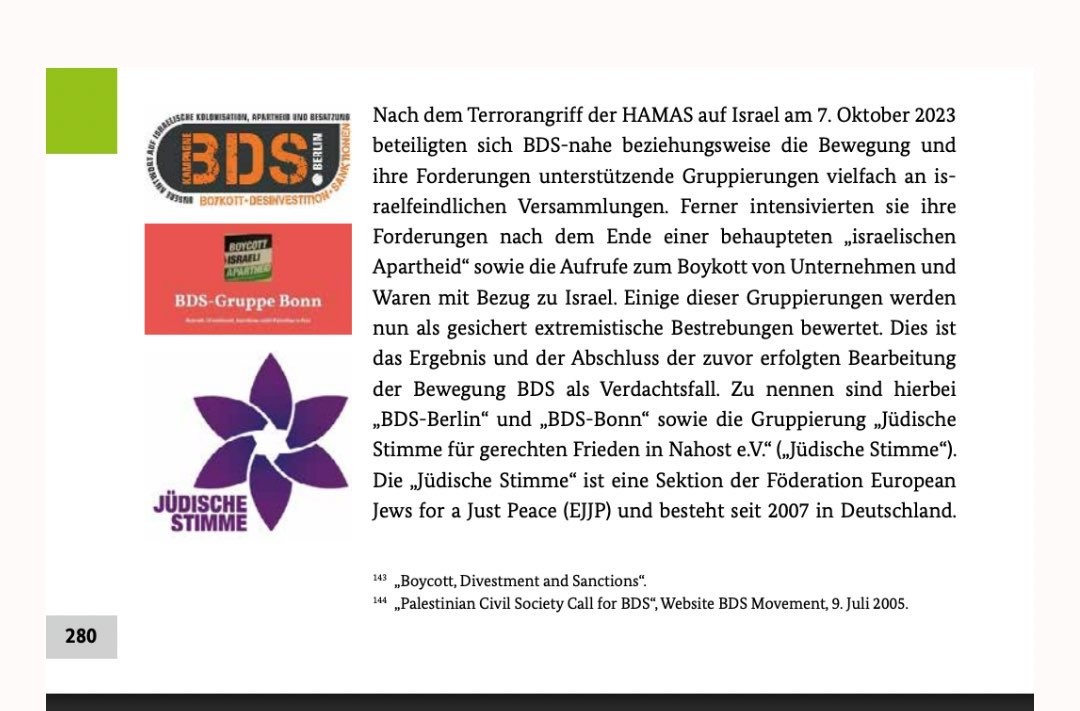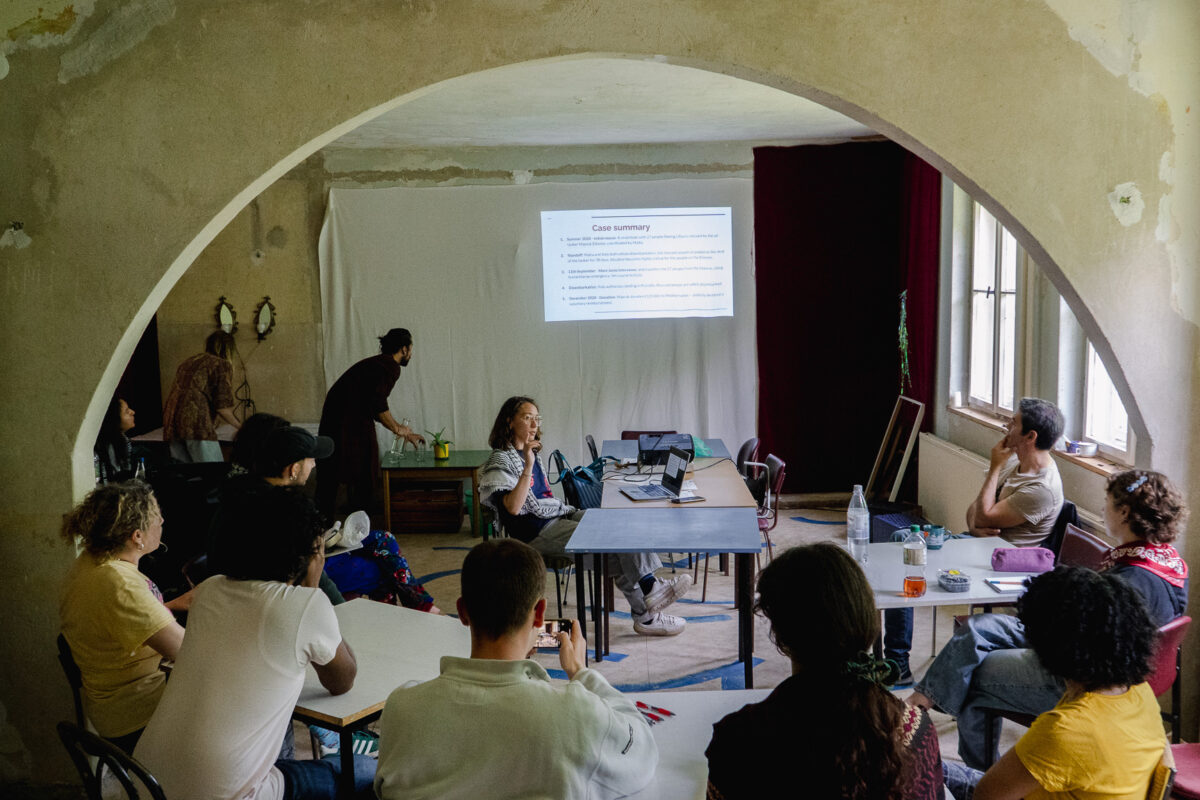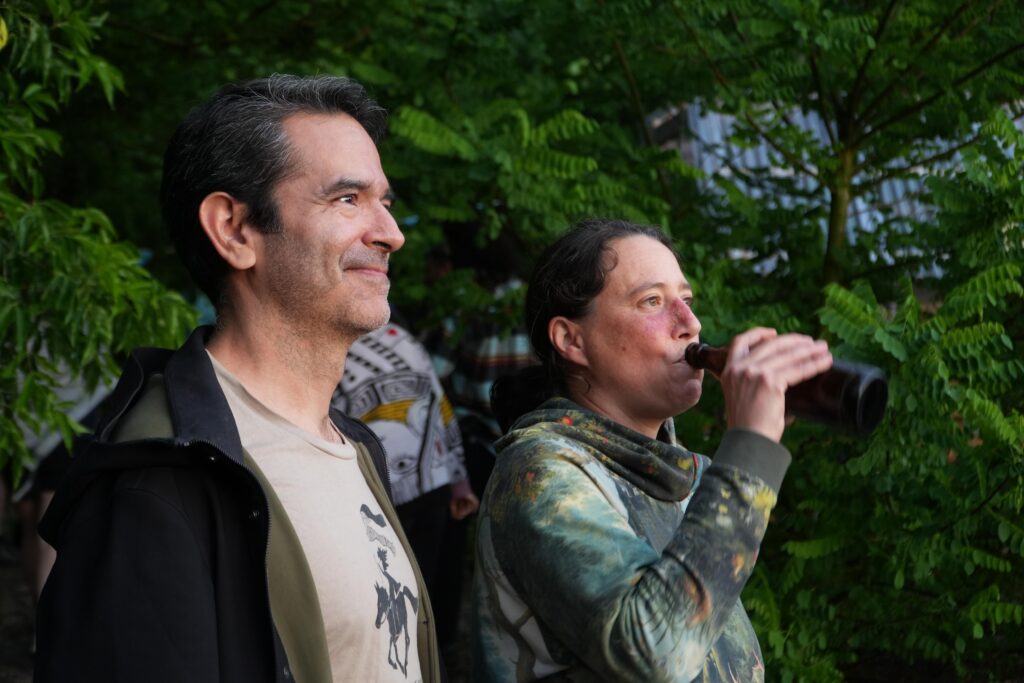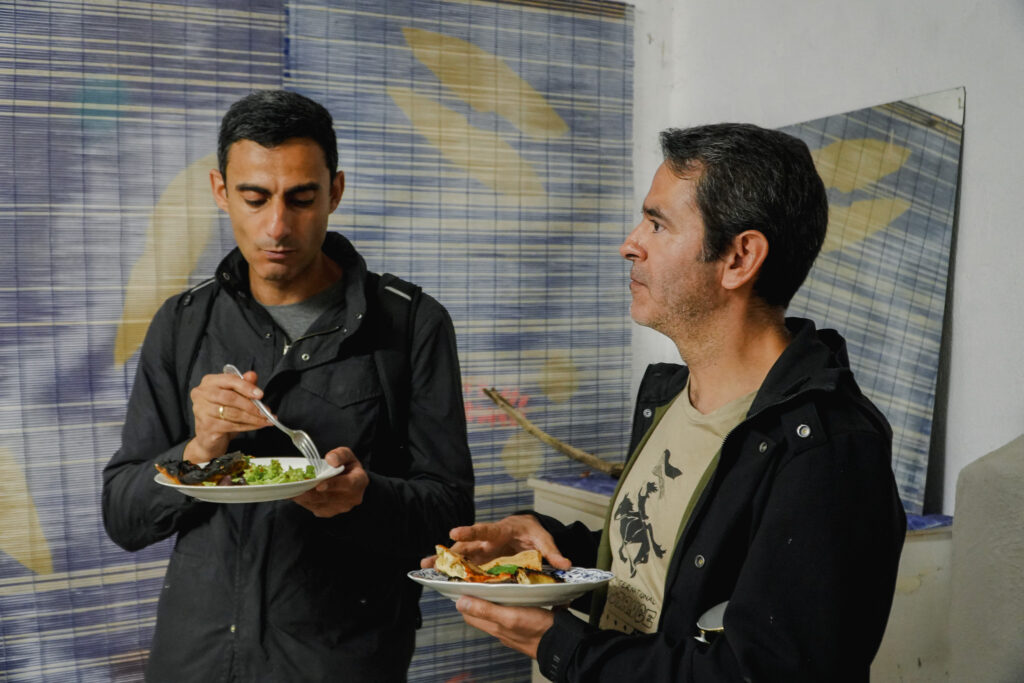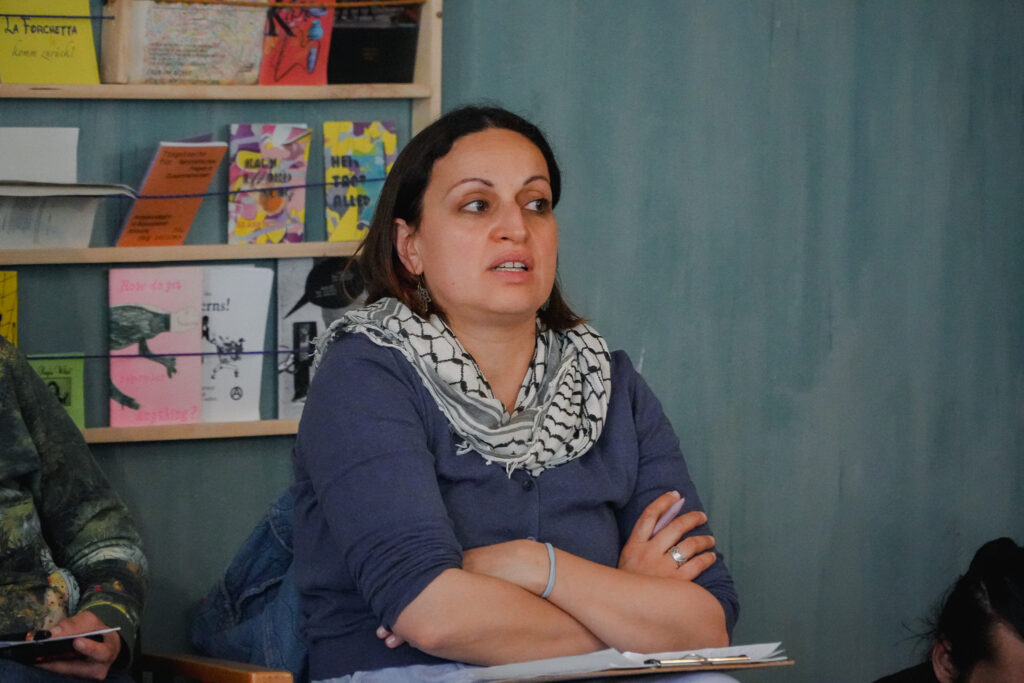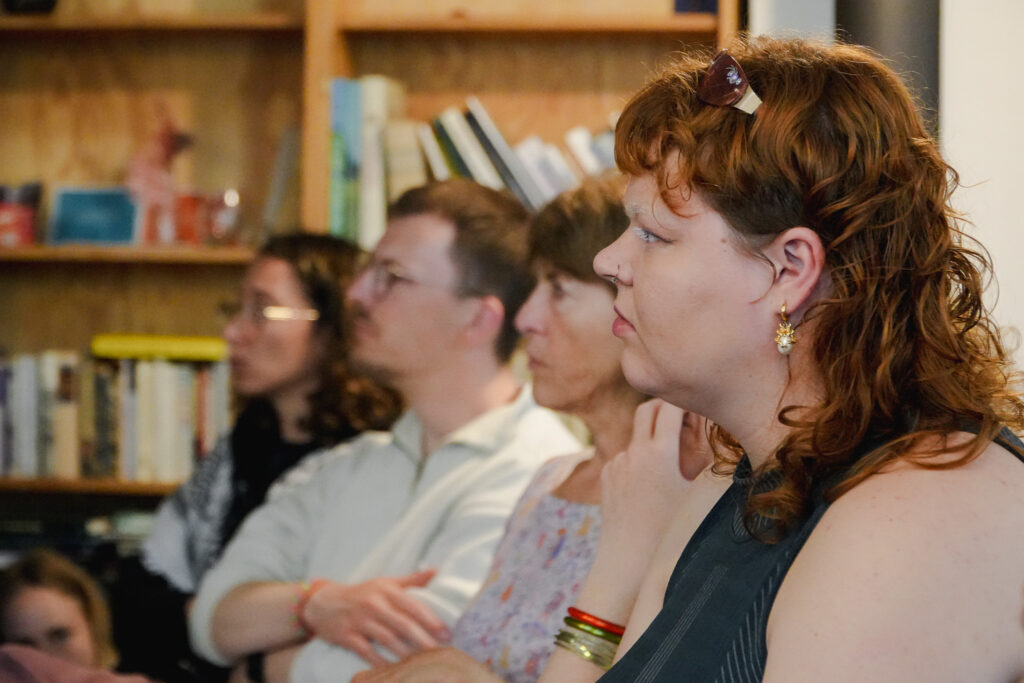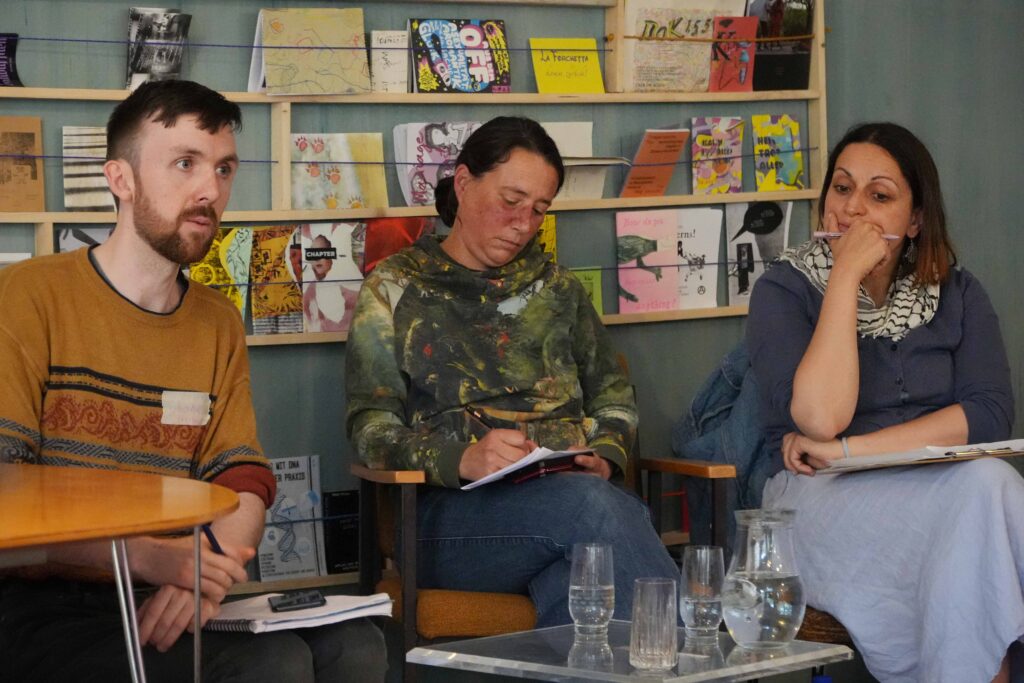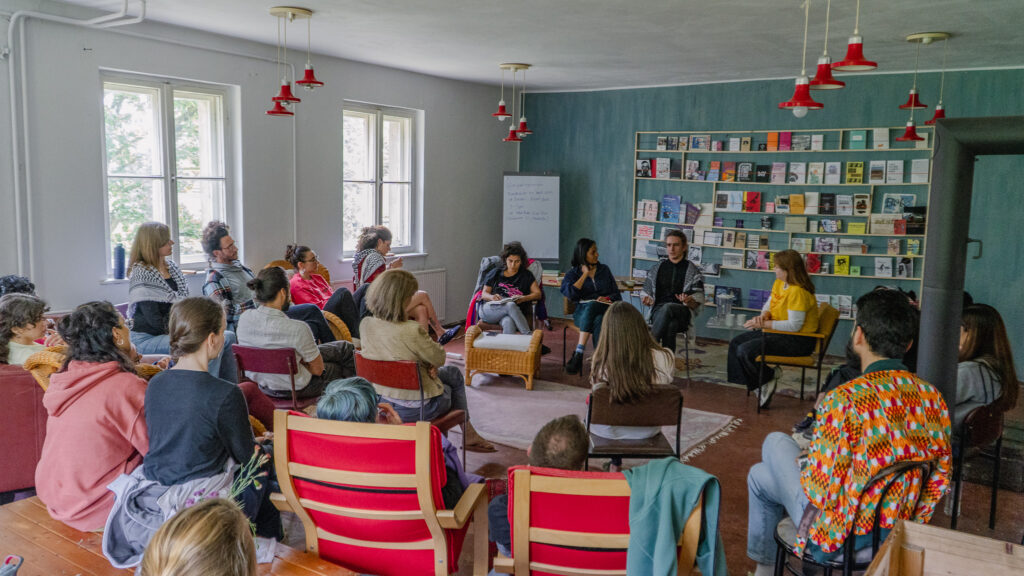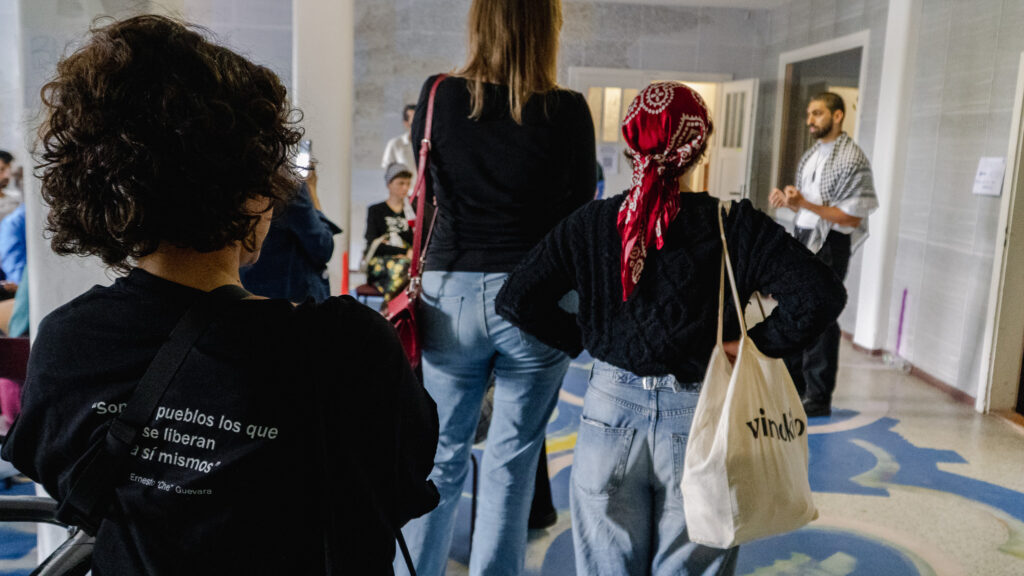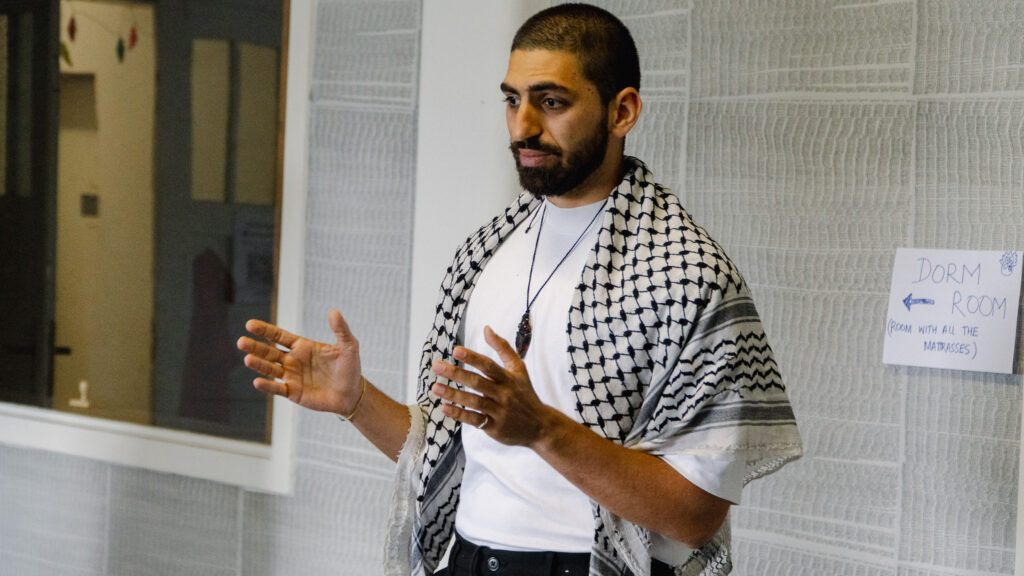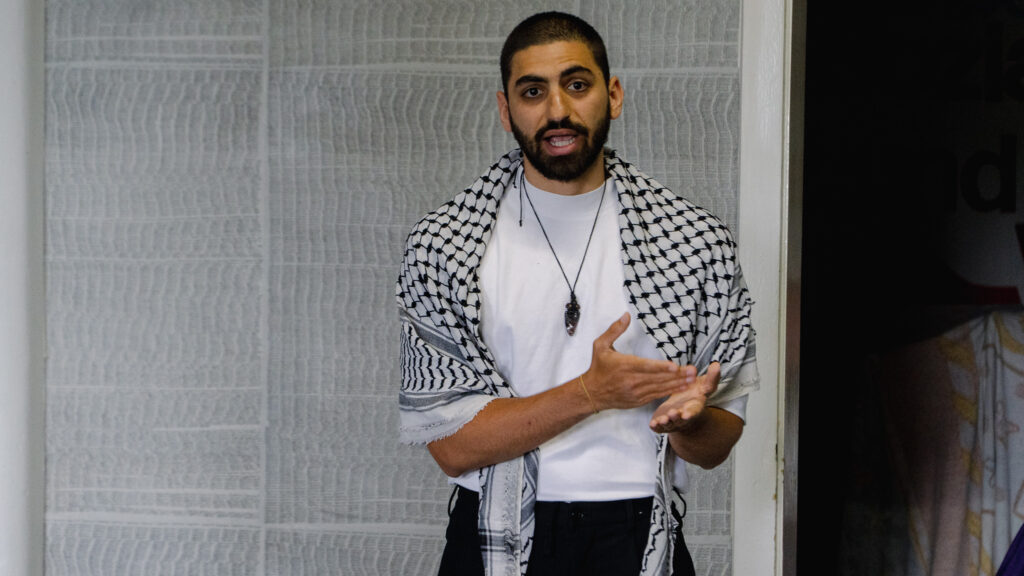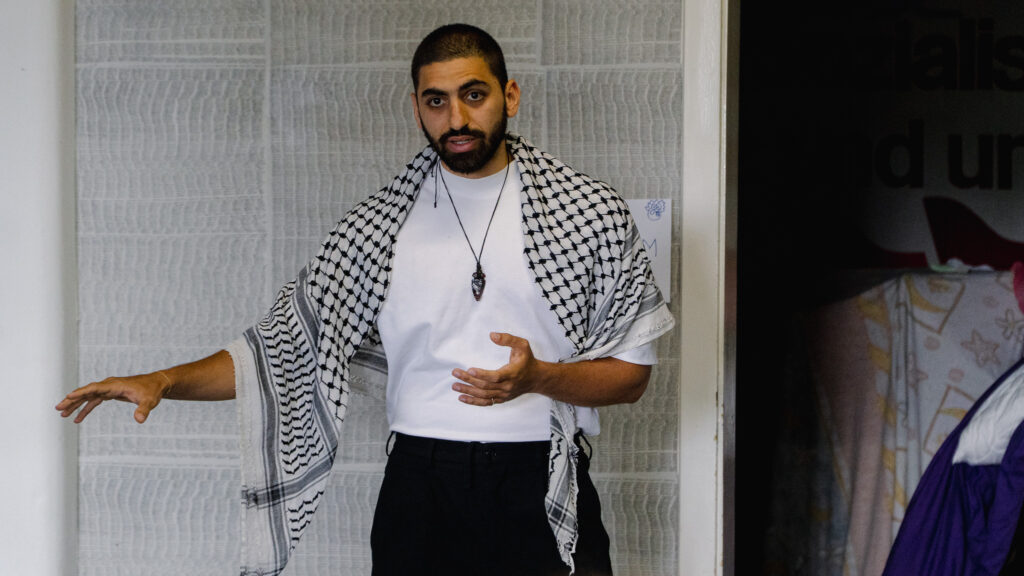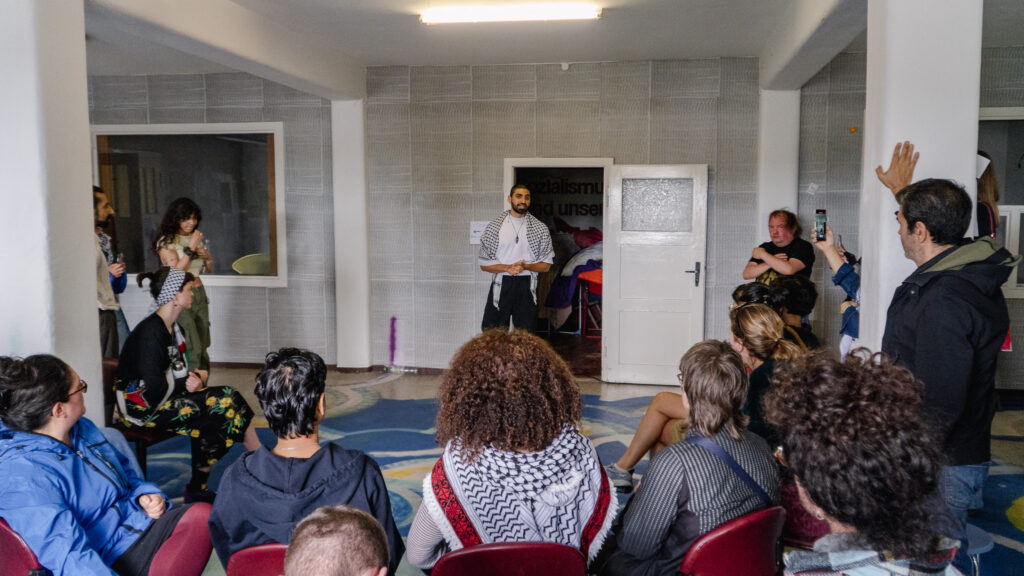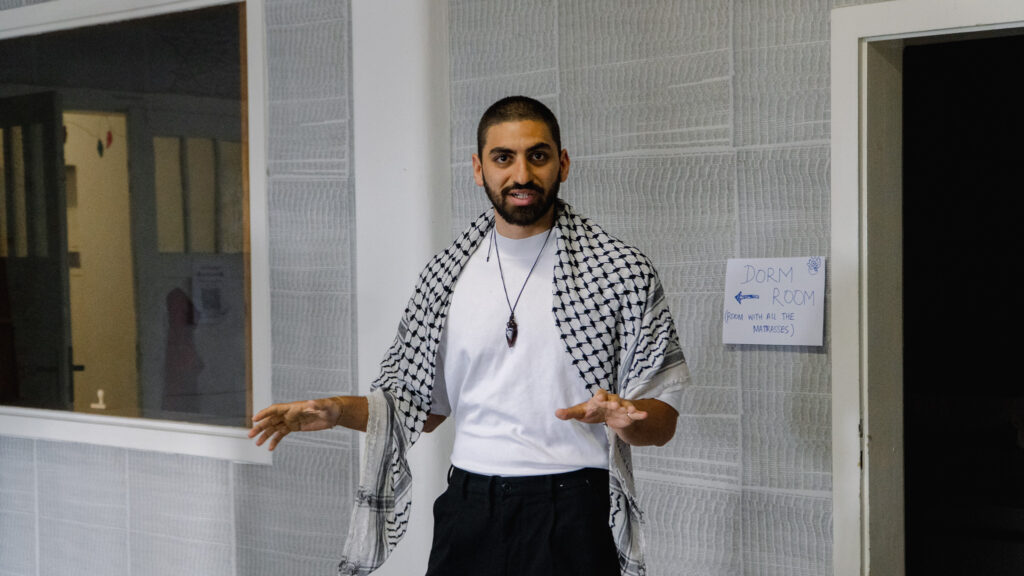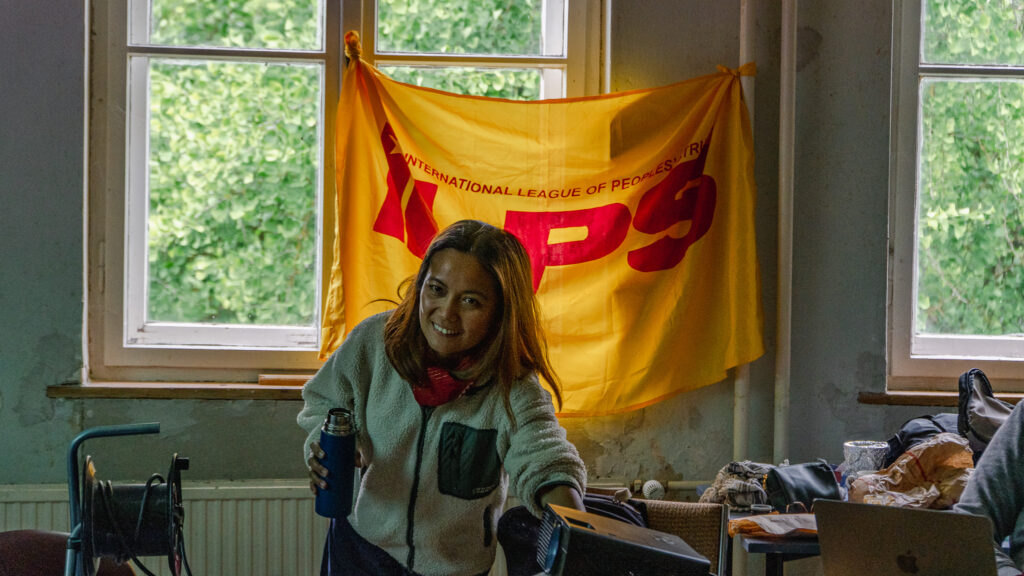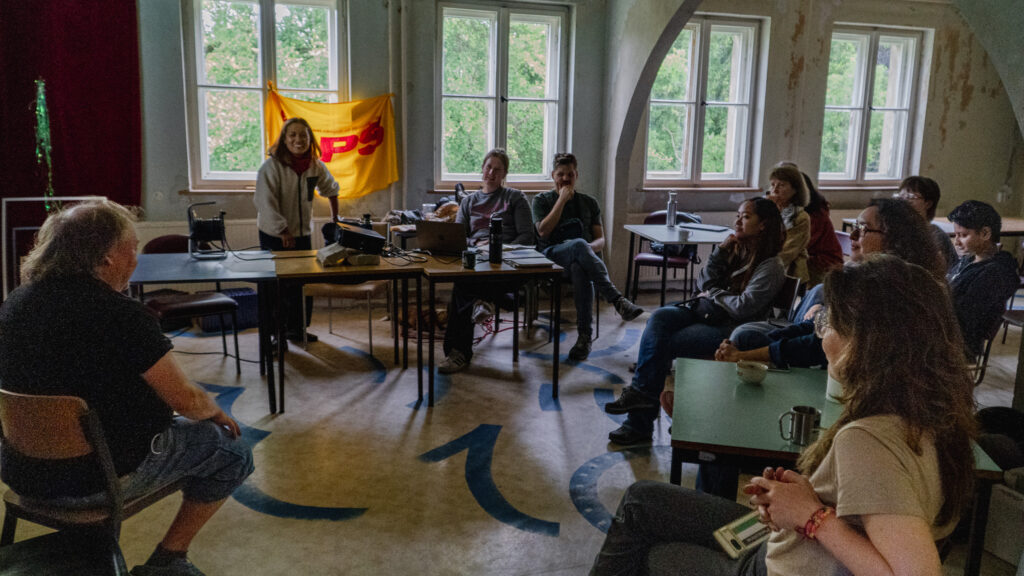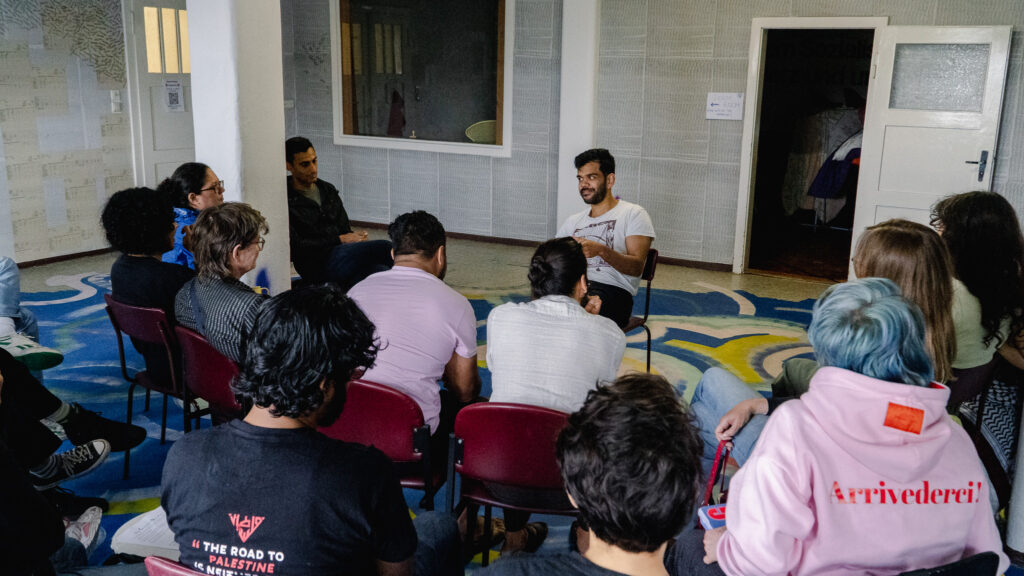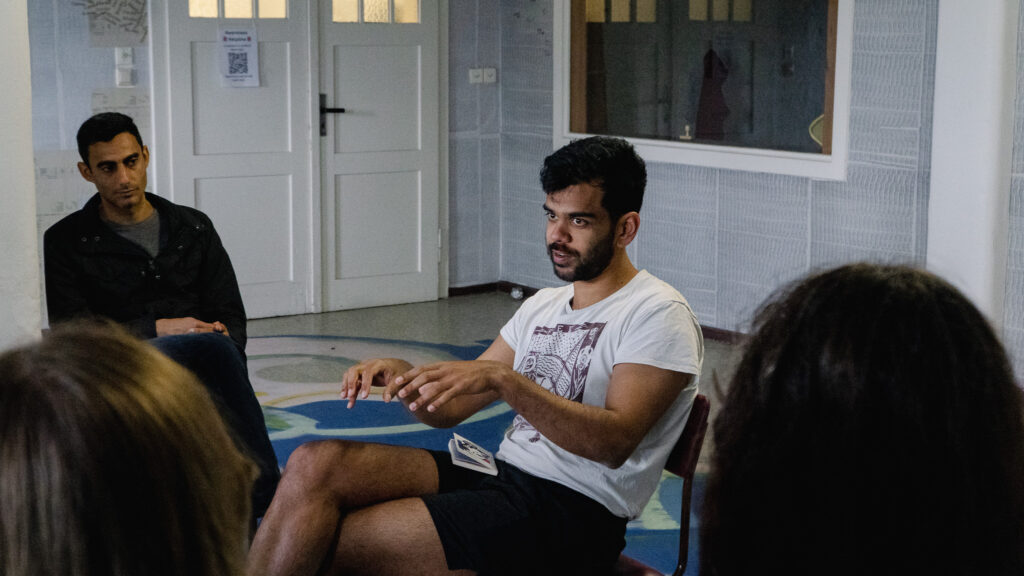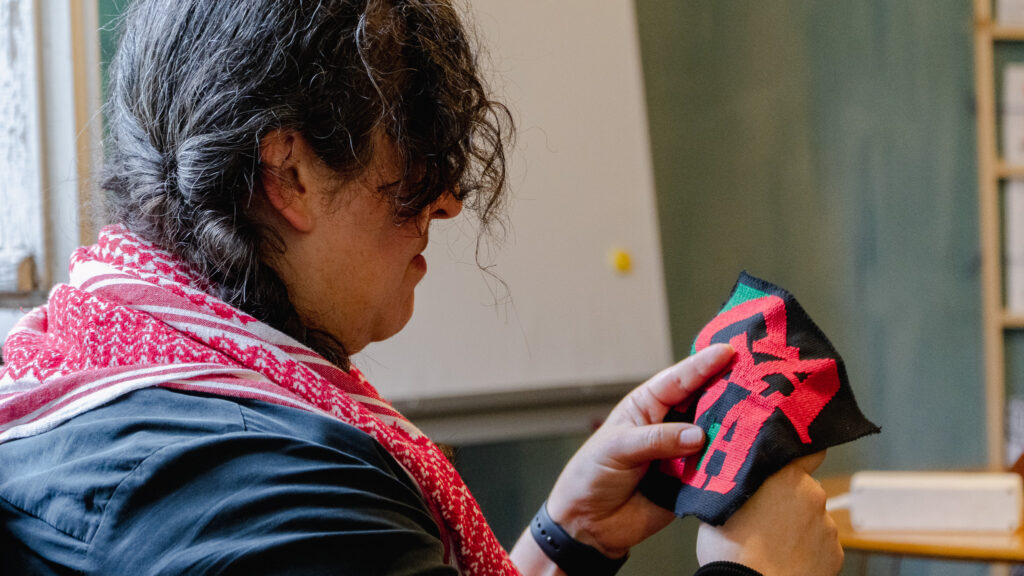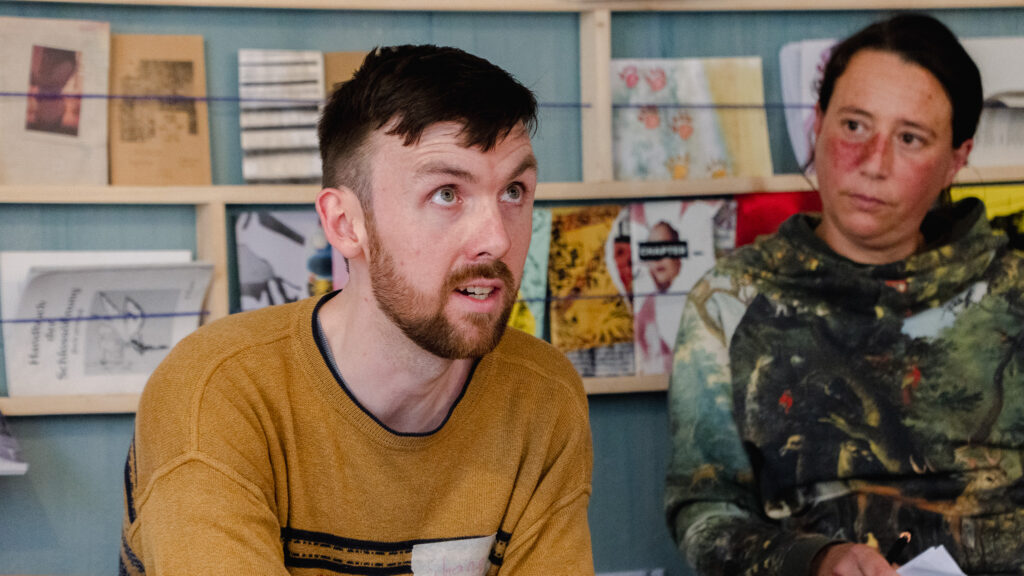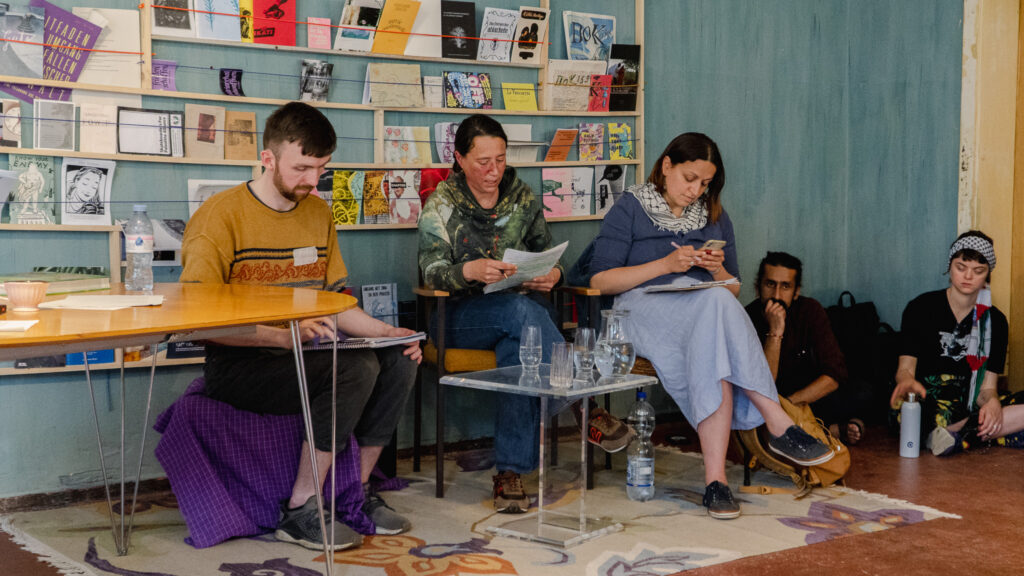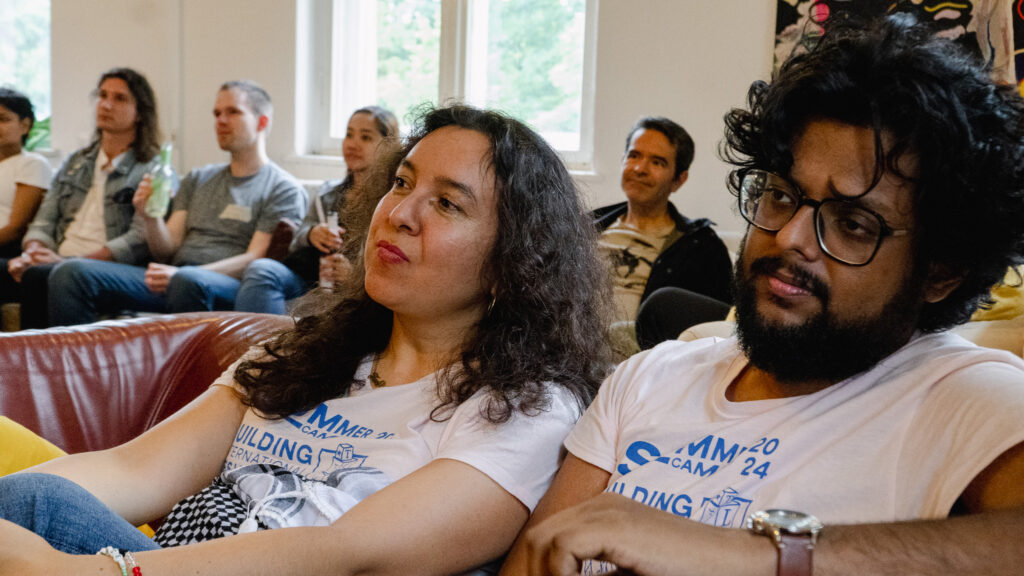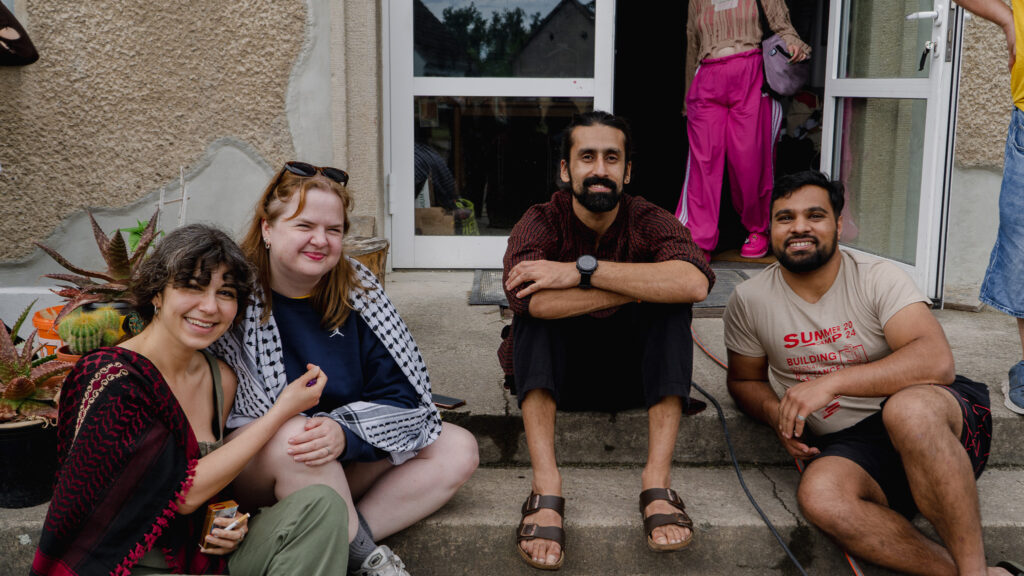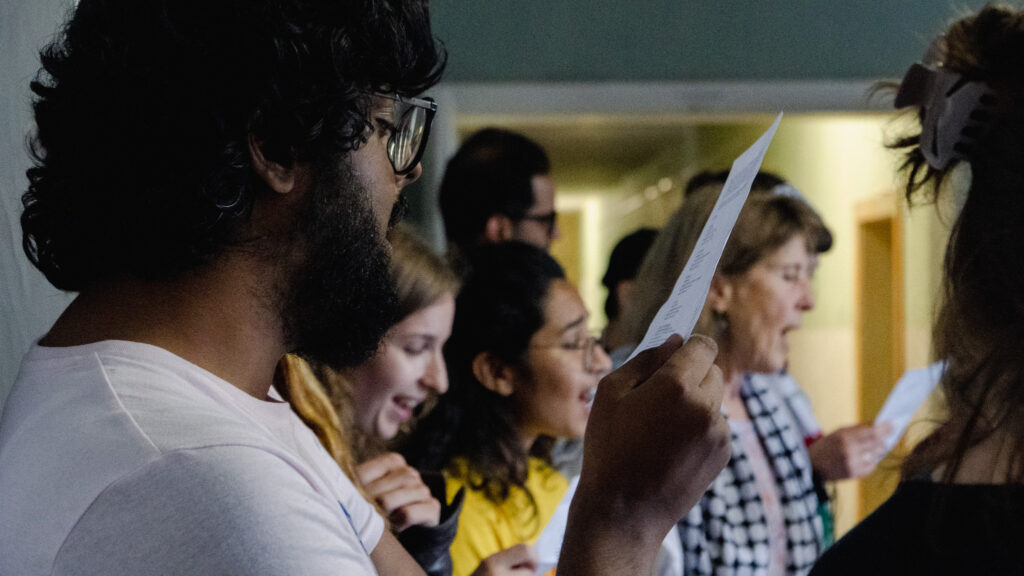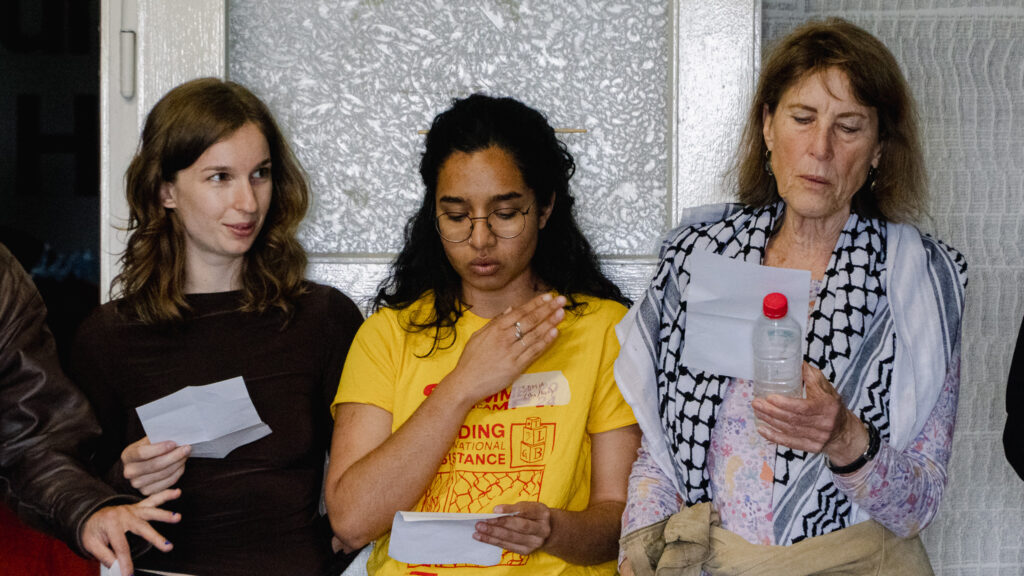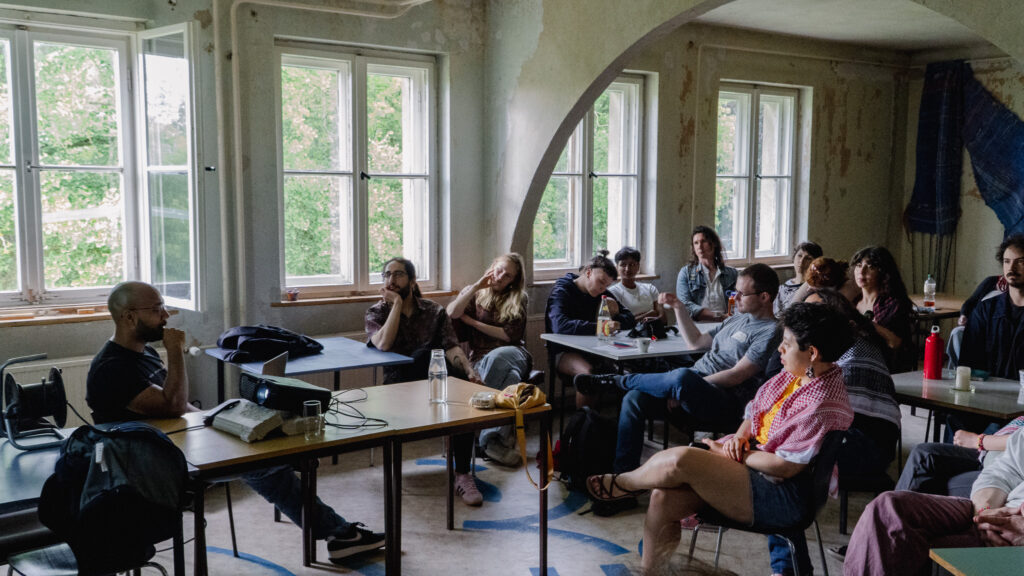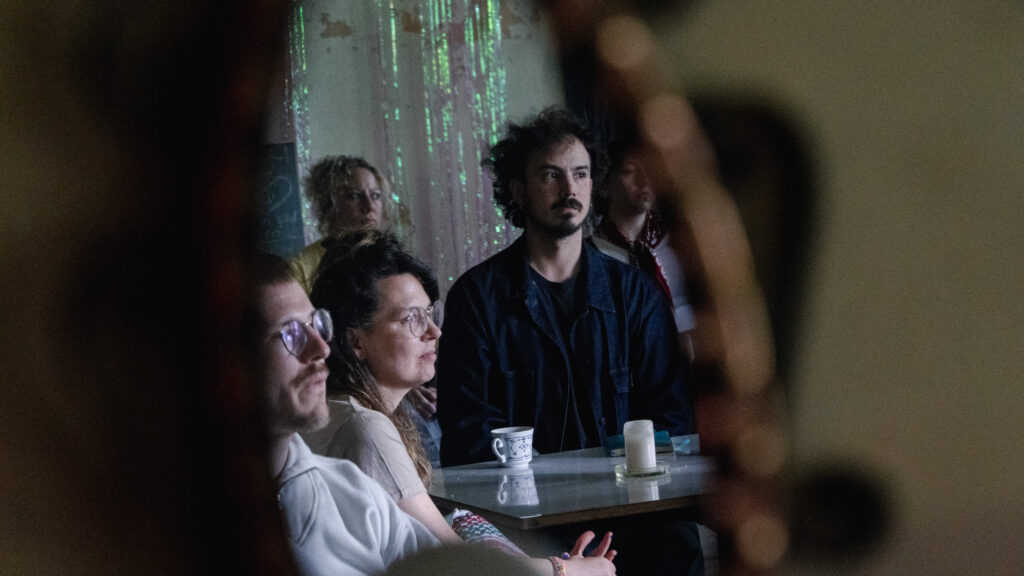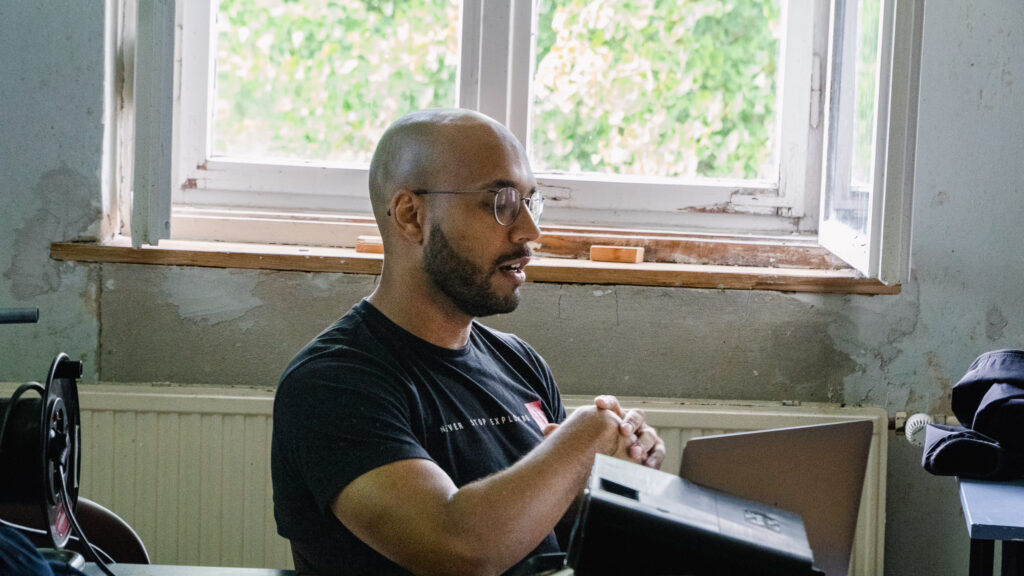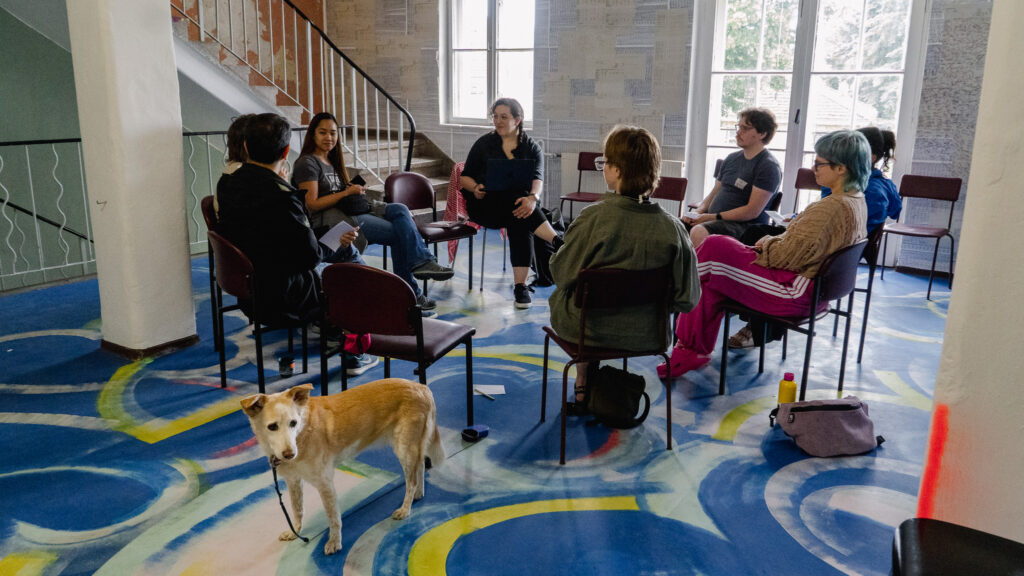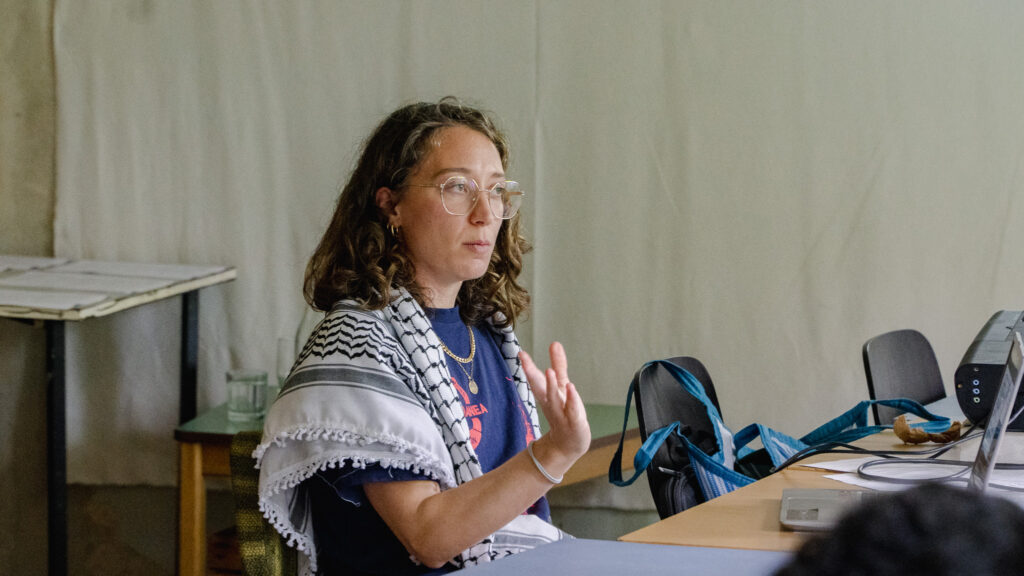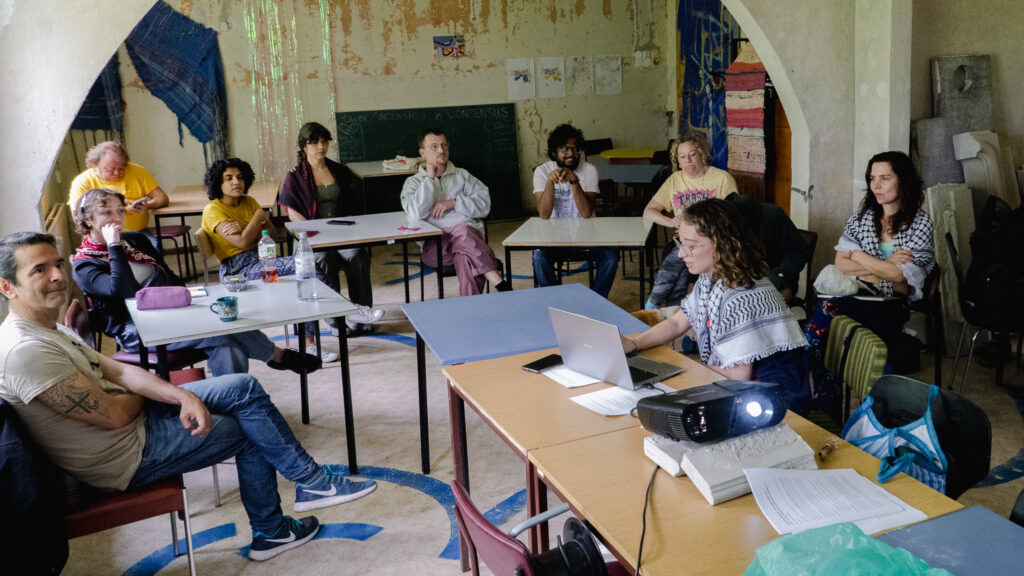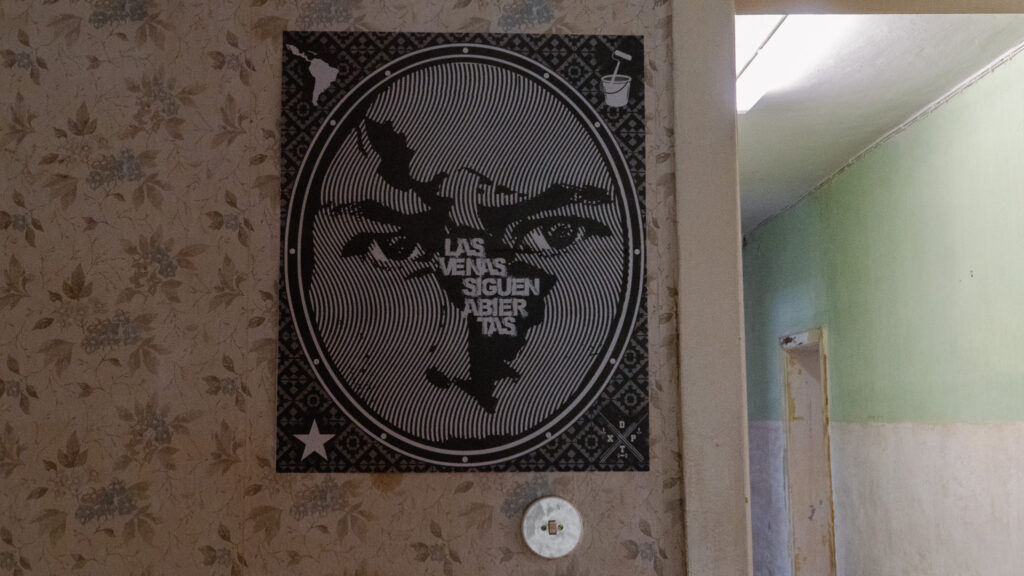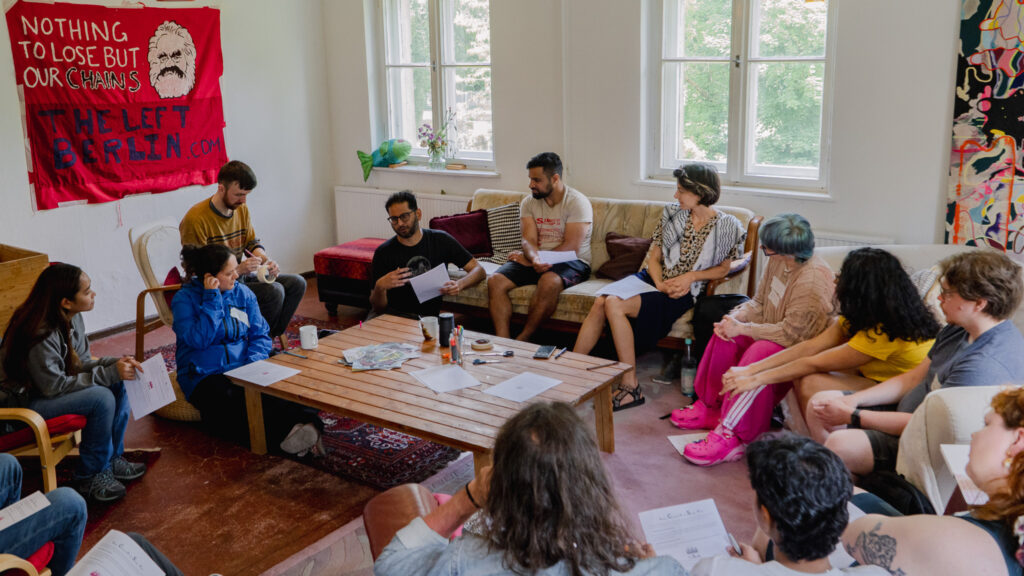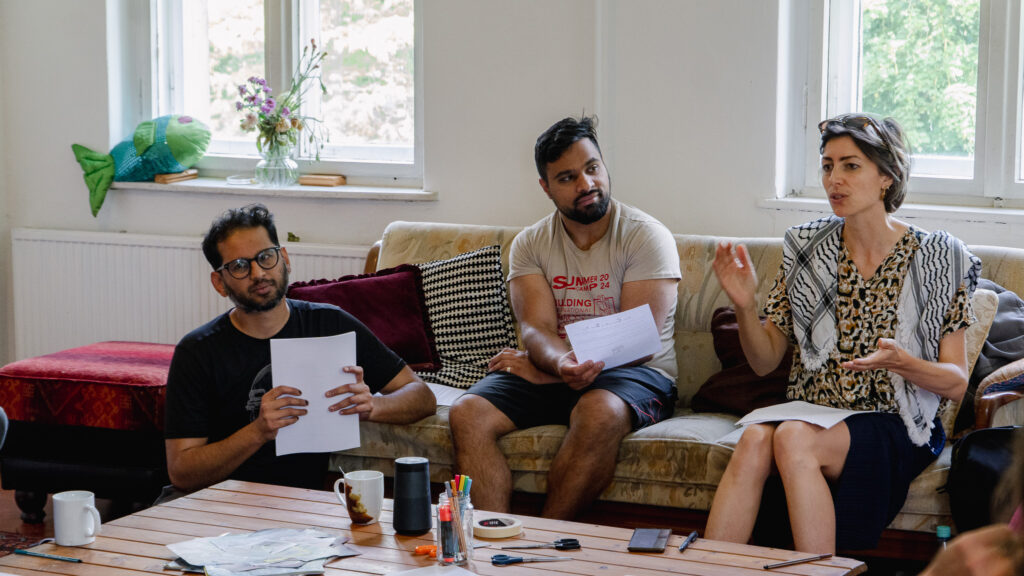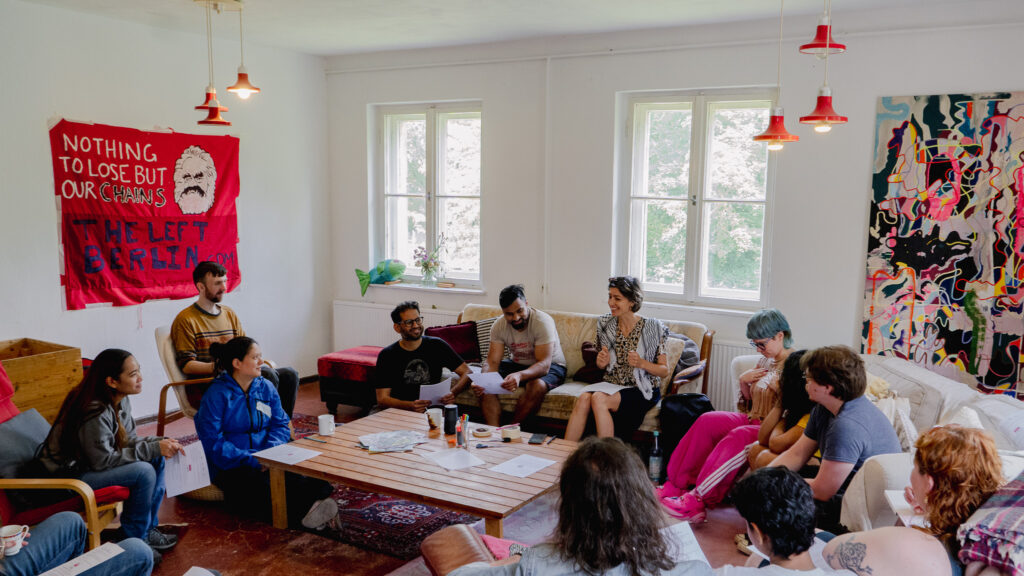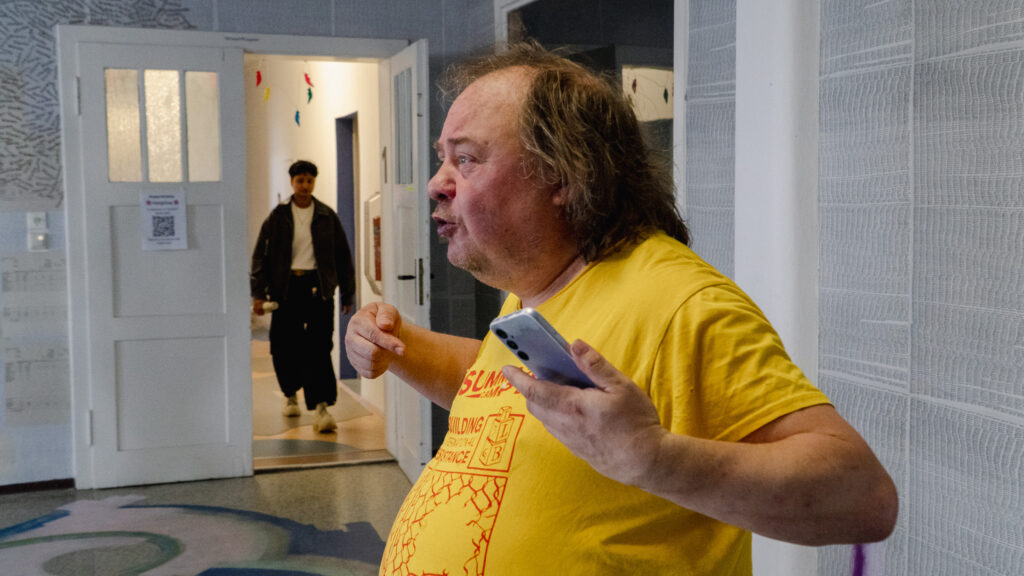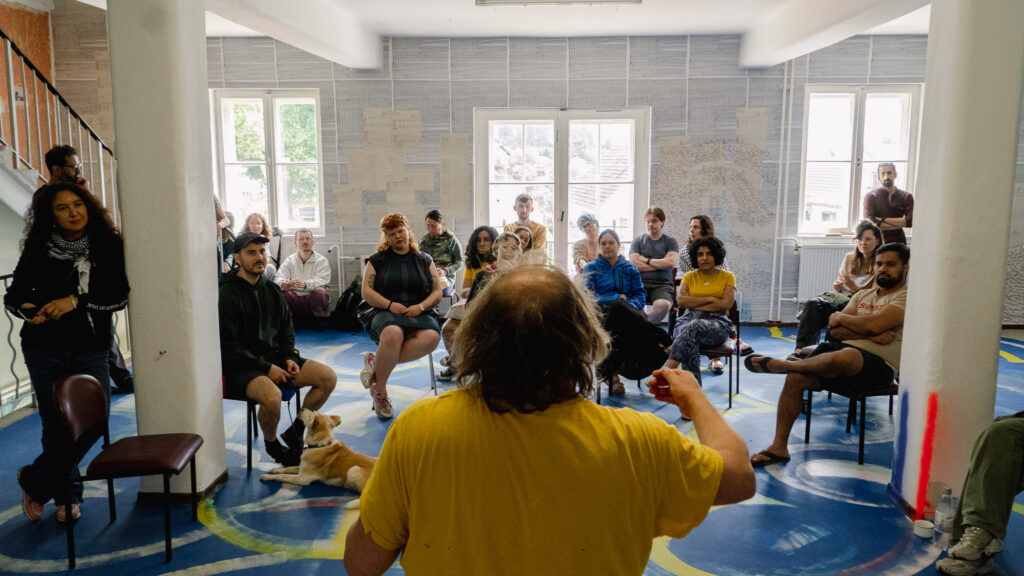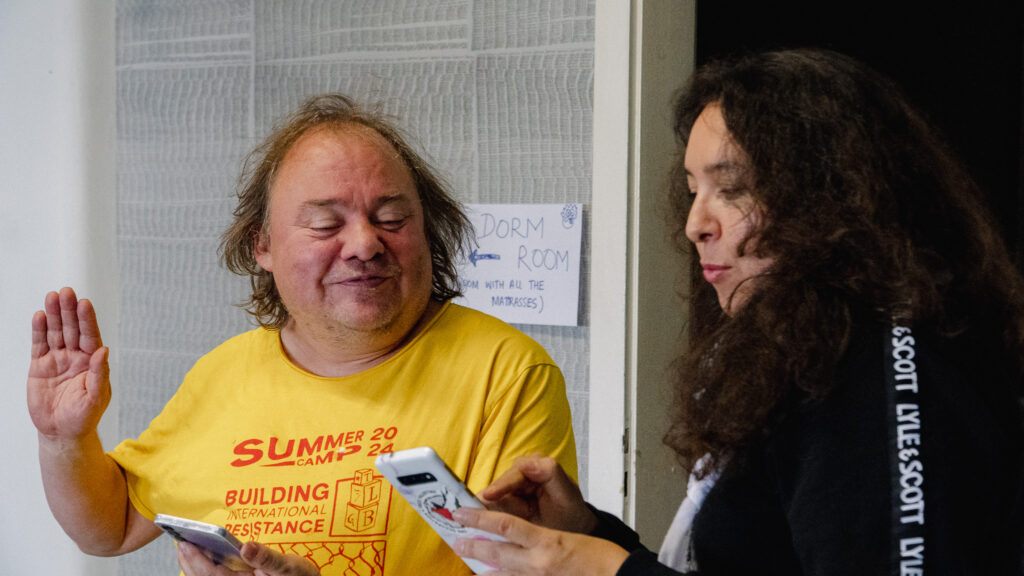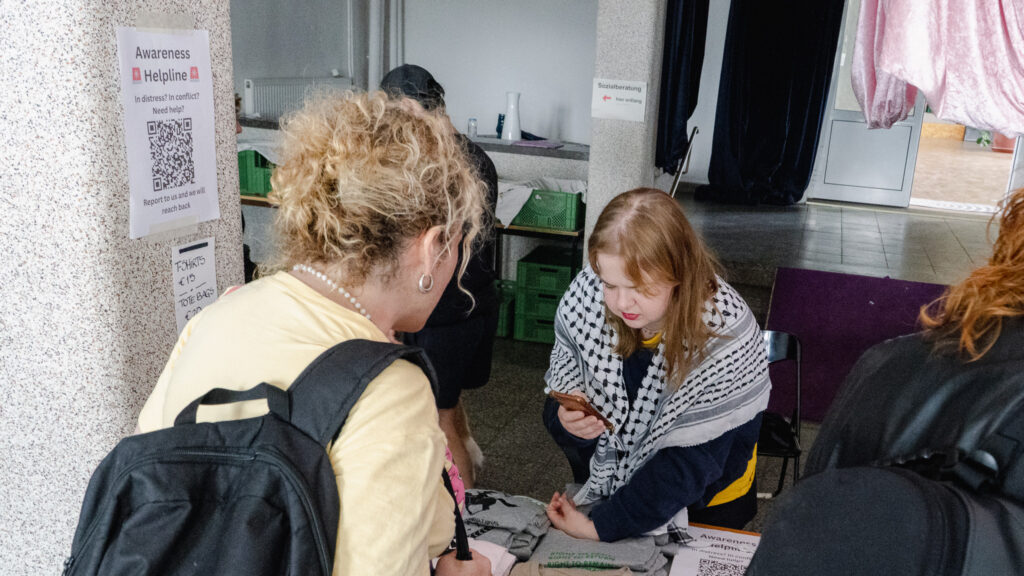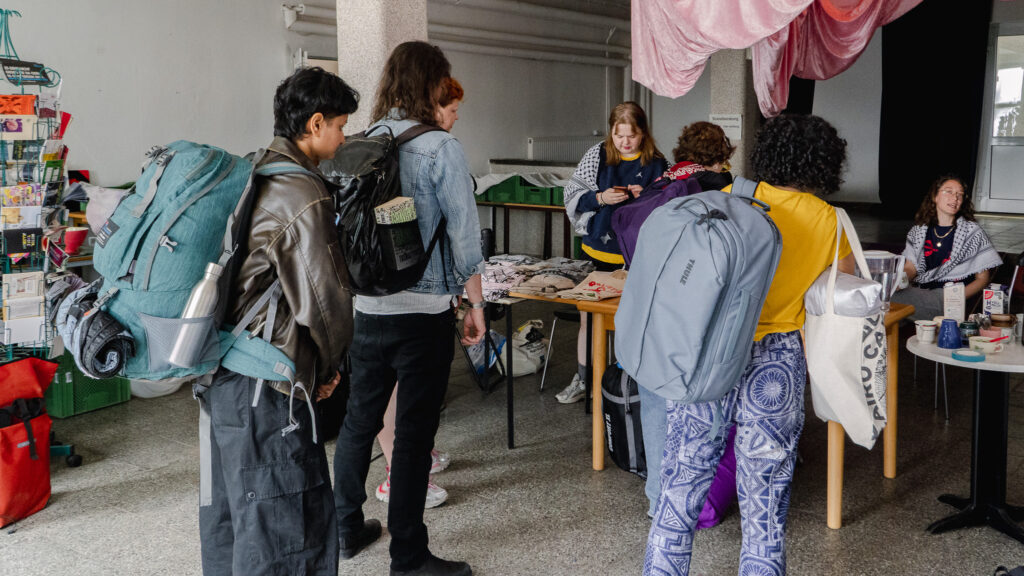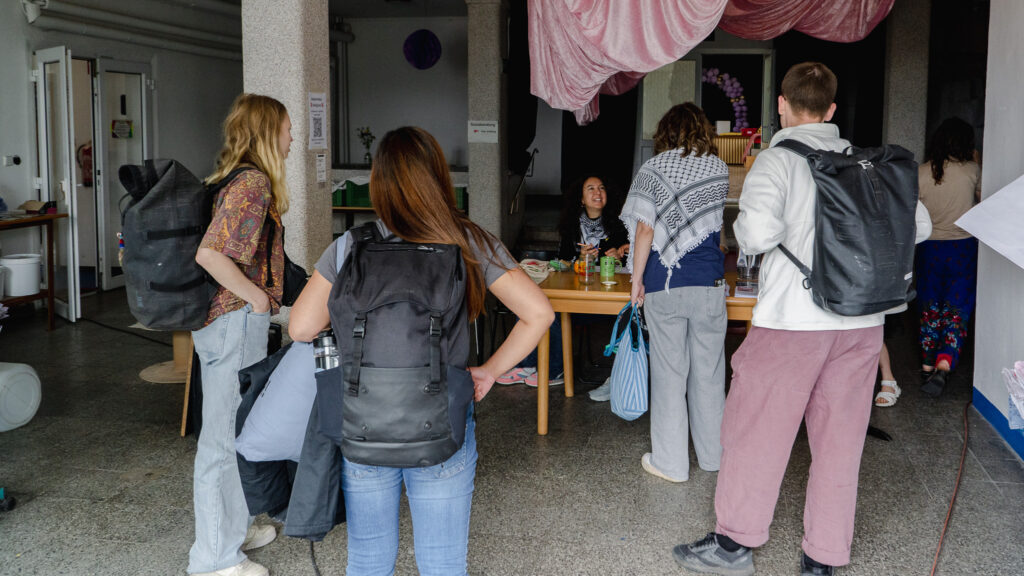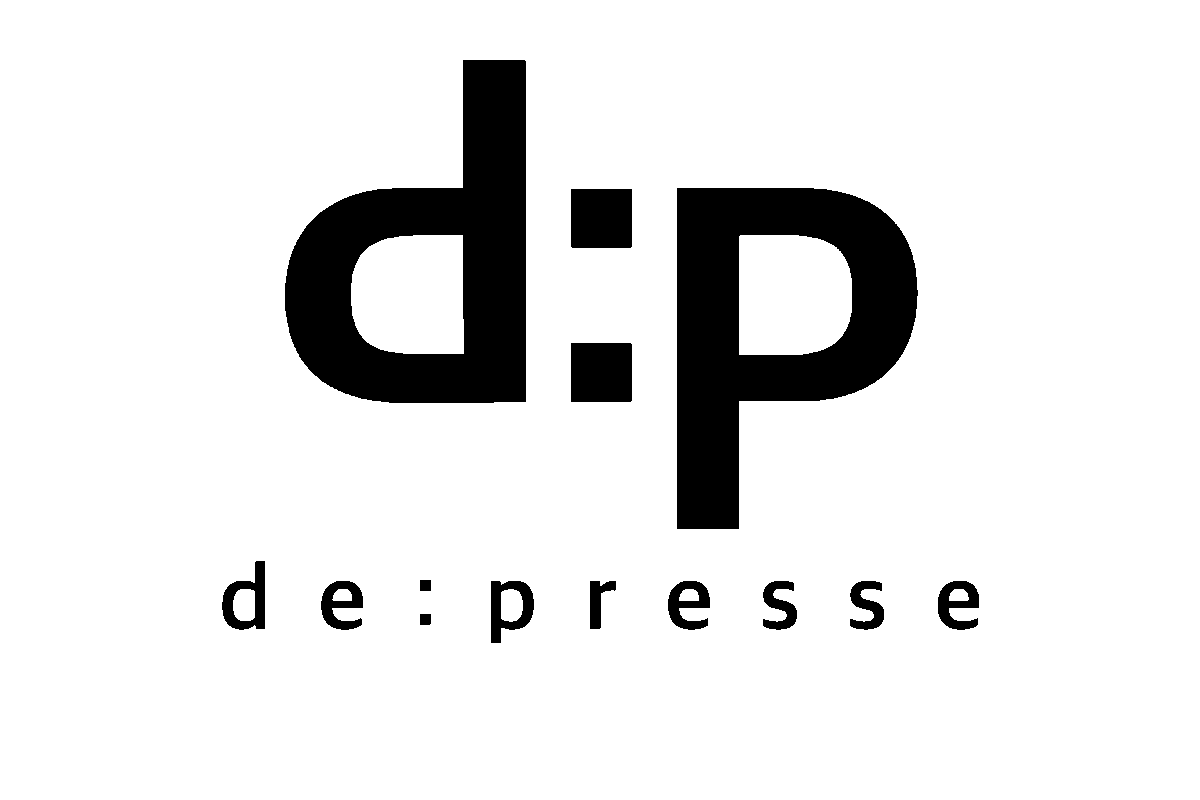On Tuesday, an “angry young woman” got off a plane in Paris. That is how Donald Trump referred to Greta Thunberg. Always a match for misogynist bullies, the 22-year-old climate activist responded: “Well, I think the world needs a lot more young angry women, to be honest. Especially with everything going on right now.”
Thunberg and 11 other activists had been on the sailing ship Madleen, trying to bring humanitarian aid to Gaza, when their ship was captured in international waters, some 200 kilometers from Gaza. They were taken to Israel against their will — and for good measure, they were charged with entering the country illegally! While Thunberg and three others were deported immediately, eight remain in custody.
Western media reported that the ship had been “captured” or “intercepted.” Yet when the Houthis do the same thing off the coast of Yemen, these same media talk about “piracy” or “terrorism.” As Thunberg put it in a video, this was an act of kidnapping in international waters. After 20 months of genocide, killing well over 60,000 people with complete impunity, Israel didn’t even feel compunction about snatching a French Palestinian member of the European Parliament, Rima Hassan.
Israel’s Foreign Ministry tried to make light of the “selfie yacht” — ignoring the fact that Israeli soldiers continue to post selfies and TikToks of themselves committing war crimes. Yet they immediately attempted their own PR stunt, filming themselves handing a pastrami sandwich to a vegan. This is not just deeply offensive (one recently released prisoner of Hamas reported that he was primarily able to keep kosher) but also a sign of the deep war psychosis in much of Israeli society, who apparently perceive the sandwich photo op as a PR win.
Absolutely Nothing
But even as they accused Thunberg of seeking attention for herself, she focused on Gaza. Asked about the conditions of her detention, she said they were “absolutely nothing compared to what people are going through in Palestine and especially Gaza right now.”
A reporter asked Thunberg why “so many countries’ governments around the world are just ignoring what is happening in Gaza.” She replied:
Because of racism. That’s the simple answer. Racism and basically desperately trying to defend a destructive, deadly system that systematically puts short-term economic profit and maximizes geopolitical power over the well-being of humans and the planet.
The Israeli government points out that the amount of aid on the ship was indeed “tiny.” But this is because a previous ship organized by the Gaza Freedom Flotilla was attacked by drones near Malta last month. Israel has blocked all supplies from Gaza since March 2, deliberately starving two million people while they are bombarded and concentrated. Actual humanitarian agencies are not allowed into the besieged territory. Instead, food is being sent in via U.S. mercenaries cynically calling themselves the Gaza Humanitarian Foundation. At these so-called aid sites, hundreds of Palestinians have been killed and wounded.
Both sides realized that if the ship had reached Gaza, the blockade would have been impossible to maintain. That’s why thousands are trying to break the siege by land right now.
The Connections
Just about the only supporters of Israeli piracy were the Trump Administration and especially German media, who denounced Thunberg’s “staged event.”
The liberal media loved the young activist just five years ago when she called for serious action against climate change — remember Person of the Year in 2019? However, these same elites felt betrayed when she started drawing connections, showing how environmental destruction is caused by capitalism. Since she began speaking up about the genocide in Gaza, liberals have viciously attacked her.
Thunberg speaks for a generation of people who are radicalizing. In the rebellion against Gestapo-style ICE raids in Los Angeles, young people are waving not only Mexican but also Palestinian flags. They realize that ICE and the IDF train together, two groups of armed thugs in defense of global capitalism.
Seven years ago, Thunberg launched a global youth movement called Fridays for Future. Some of its leading activists have launched lucrative careers as Green Party politicians and professional NGO “activists.” But many others are serious about saving the planet from climate apocalypse — and this means fighting against capitalism rather than trying to change it from the inside.
Just a few years ago, Thunberg approvingly quoted the idea that “Ending fossil capitalism doesn’t mean we have to implement socialism,” referring to the battle of systems as an “unimaginative 20th-century debate.” In the meantime, she has clearly realized that capitalism remains our main enemy in the 21st century, and a radical break with this system is necessary.
Israel has given yet another display of its depravity, mobilizing military forces to stop a young woman transporting rice, baby formula, and hygiene products to starving people. This is what it does to citizens of imperialist countries with the world watching — the brutality against poor people in Gaza defies the imagination. Thunberg will continue to be a face of youth radicalization, inspiring many more angry young women.
Red Flag is a weekly column on Berlin politics that Nathaniel Flakin has been writing since 2020. After moving through different homes, it now appears at The Left Berlin.


